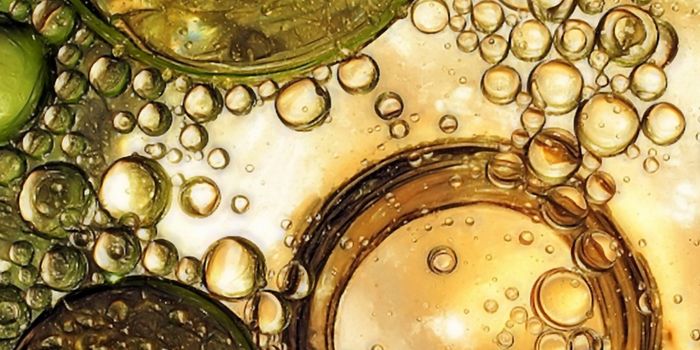Why Skin Gets Dry in the Winter
Many people suffer from dry, cracked skin during the winter months. While the weather conditions obviously play a role, there are physiological factors at work as well. New research from scientists at the University of Copenhagen has revealed more about why winter dryness happens. Reporting in the British Journal of Dermatology, they tested the skin of 80 adults and found that the levels of byproducts of a protein called filaggrin fluctuate between the winter and summer months.
"This study shows clearly that the skin barrier is affected by climatic and seasonal changes. Both children and adults suffer from red cheeks in the winter in northern latitudes, and some may even develop more permanent skin conditions such as atopic eczema and rosacea," explained senior author Dr. Jacob Thyssen, of the University of Copenhagen, in Denmark.
Filaggrin is also known to be associated with skin diseases like eczema; defects in the filaggrin gene can lead to ichthyosis vulgaris, a disorder which is characterized by itchy, dry skin. Filaggrin helps keep skin up to the task of forming a protective barrier. It is found in the outer layer of the skin, inside of cells called corneocytes. The researchers also saw changes in the texture of those cells in their study.
"By the use of high magnification, we show that the skin cells suffer from shrinkage and therefore change their surface. The clinical message to individuals is that they should protect their skin with emollients in the winter and sunscreen in the summer,” added Thyssen.
"We already know that humidity can affect the texture of the skin and impact on skin disorders like eczema, and humidity fluctuates according to season. In the winter, rapidly changing temperatures, from heated indoors to cold outdoors environments, can affect the capillaries, and prolonged exposure to wet weather can strip the skin's barrier function,” said Nina Goad of the British Association of Dermatologists.
Weather is not the only reason why our skin is affected though. “This latest study is interesting as it sheds new light on further reasons for seasonal skin changes, at a cellular level. Given that skin problems are the most common reason for people to visit their doctor, any research that improves our understanding of skin disorders and how best to manage them is always a positive step," Goad concluded.
Sources: Science Daily via Wiley, British Journal of Dermatology









